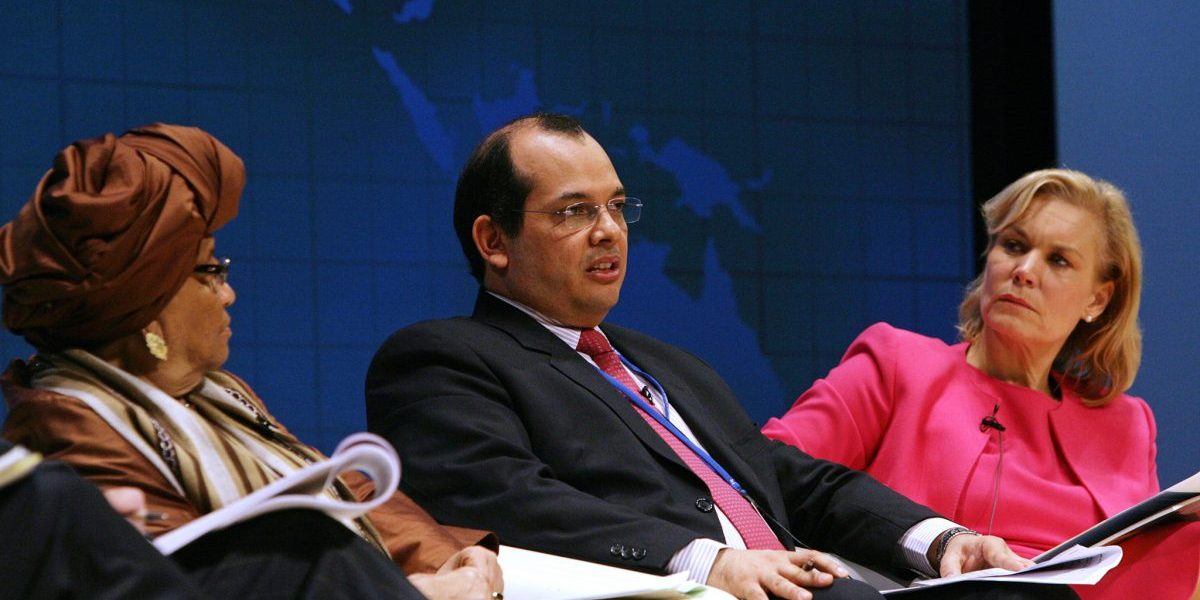Africa has the lowest savings rate of any continent. Boosting growth, economists agree, requires boosting investment. More foreign aid and debt forgiveness can help. But they aren’t the only solutions. South Africa last year pioneered a creative solution from a new direction: boosting the pool of lendable funds by encouraging more of the poor to open bank accounts. Research shows that people with bank accounts are more likely to save than those without them. However, African banks are some of the most expensive and inefficient, deriving profits from high fees on accounts and transactions rather than lending. Instead of forcing change through law, which can sour the investment climate, South Africa used gentle political pressure to get industries to assist with transformation. Each industry negotiated a charter under which it agreed to improve performance against various social goals. Banks agreed to boost the number of people with access to banking by slashing the fees and paperwork associated with bank accounts. The top banks collaborated to launch a jointly marketed low-cost account that has succeeded in drawing 4% of the population into the banking system. It is a banking success story and a model of business-government collaboration.
Across Africa, lack of credit is a symptom of deeper problems. Banks don’t lend as it can be almost impossible to recover funds. In many countries, borrowers default on a majority of loans. Commercial courts are weak and take years to settle cases; property rights are unclear; title deeds impossible to obtain; bank regulation and accounting standards are weak; and there are no systems to track those who default on loans. But solutions can be found. Africa invests about 40% of its wealth outside the continent. With the right legal environment, those funds could be brought home and Africa would accelerate its growth.








